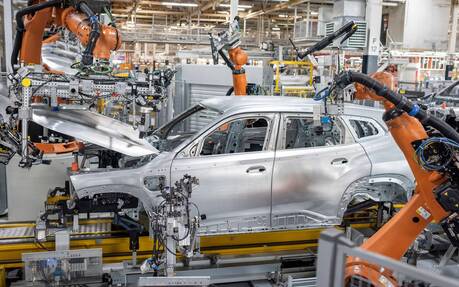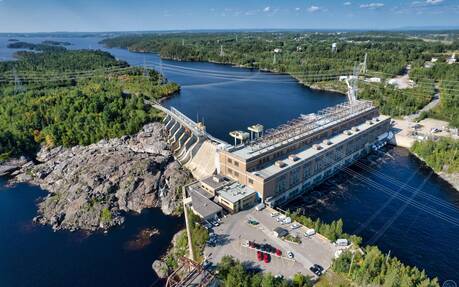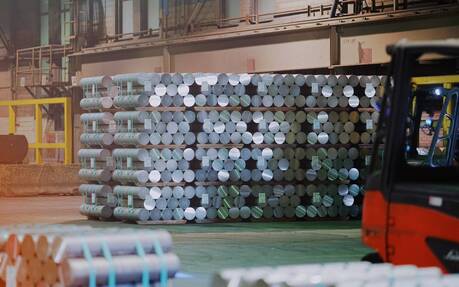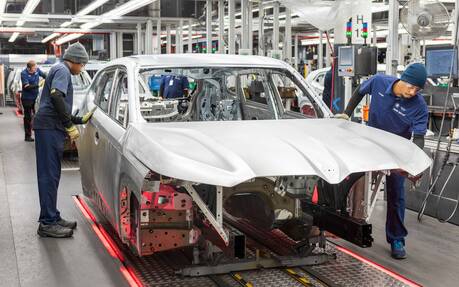BMW to Use Canadian-Made Aluminum in SUVs Starting in 2024
BMW has signed a memorandum of understanding with Rio Tinto to source aluminum with significantly reduced CO2 emissions from hydro-powered operations in Quebec starting in 2024.
This is part of the German automaker’s effort to reduce the carbon footprint of its supply chain, particularly when it comes to CO2-intensive materials like aluminum, steel and plastics.
- Also: 2024 BMW X5, X6 Get Fresh Styling, More Power, Longer EV Range
- Also: BMW Considering Even Larger Grilles for Future Cars
By teaming up with Rio Tinto in Quebec, BMW claims it can save around 70 percent of CO2 emissions versus conventionally manufactured aluminum. The planned supply volumes will be used exclusively at the Spartanburg, South Carolina plant, which currently builds the BMW X3, X4, X5, X6, X7 and XM crossovers.

“We have clear goals for lowering CO2 emissions in the supply chain. By using innovative materials, we can reduce our vehicles’ carbon footprint even before handing them over to customers,” said Joachim Post, member of the Board of Management of BMW AG responsible for Purchasing and Supplier Network. “The agreement to supply low-carbon aluminium is based on several pillars: in addition to hydroelectric power and a high percentage of secondary material, we also want to lead the automotive industry by ramping up our use of aluminium with no direct CO2 emissions from the smelting process.”
The ELYSIS technology developed for aluminium production, is revolutionizing the smelting process required for manufacturing by generating oxygen instead of carbon dioxide. The innovative method uses carbon-free anodes to eliminate all process-related CO2 emissions and was successfully tested at industrial level for the first time in 2021. BMW intends to become one of the first customers to use this technology in standard production.

In addition to the carbon-free process, the agreement with Rio Tinto also covers aluminum alloys produced using electricity from renewable energy sources. For those who don’t know, the aluminum production facilities in Quebec run almost entirely on electricity from six local hydroelectric power stations.
As a further contribution to resource conservation, recycled content will be mixed in with the end product to potentially reach up to 50 percent secondary material, BMW explained.

“This exciting partnership between BMW and Rio Tinto is proof that Canada is well positioned to seize the economic benefits of the clean economy,” said François-Philippe Champagne, Canada’s Minister of Innovation, Science and Industry. “I am proud to see that low-carbon Canadian aluminum will be going into BMW’s vehicles. Canada will continue to enhance our competitive advantages—abundance of critical minerals, skilled labour, clean energy, proximity to markets—to grow our economy and to support made-in-Canada innovation.”
